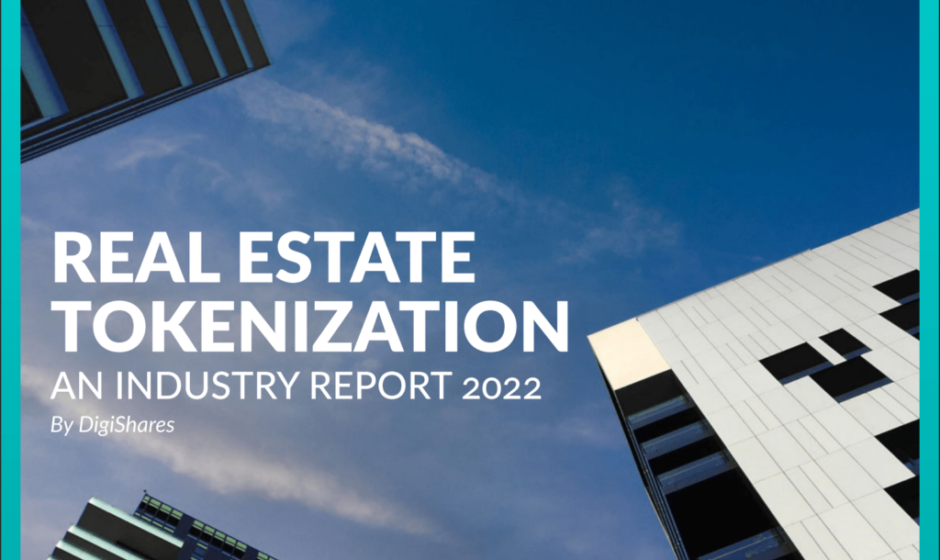Traditional real estate investment has long relied on intermediaries like brokers, agents, and banks. While these players facilitate transactions, they often inflate costs, reduce transparency, and create barriers for smaller investors. Enter decentralized real estate investment—a transformative approach powered by blockchain technology. This innovation eliminates middlemen, offering reduced costs, greater transparency, and unprecedented accessibility. In this article, we’ll explore why decentralized real estate investment is revolutionizing the industry and empowering investors worldwide.
Understanding Decentralized Real Estate Investment
Decentralized real estate investment leverages blockchain technology to enable direct transactions between buyers and sellers. Unlike traditional systems that depend on intermediaries, decentralized platforms store property data on a blockchain—a transparent, immutable digital ledger.
Through platforms like DigiShares, real estate can be tokenized, allowing properties to be divided into digital tokens that represent fractional ownership. This approach facilitates secure, efficient, and cost-effective transactions, creating new opportunities for investors.
The Problems with Traditional Real Estate Investment
High Costs
Traditional real estate transactions come with hefty fees, including commissions for brokers and agents, legal costs, and financing charges. These expenses significantly reduce returns for investors.
Lack of Transparency
In many cases, property ownership records and transaction histories are opaque, making it difficult for investors to verify information. This lack of transparency can lead to disputes and inefficiencies.
Accessibility Barriers
For many investors, entering the real estate market requires significant capital, making it an exclusive domain for wealthy individuals or institutional players.
Inefficiency
Traditional real estate processes involve extensive paperwork, lengthy transaction times, and reliance on multiple third parties. These inefficiencies can discourage potential investors.
How Decentralization Solves These Issues
Cost Efficiency
By cutting out intermediaries, decentralized platforms drastically reduce fees. Smart contracts—self-executing contracts with terms directly written into code—automate processes, further minimizing operational costs.
Transparency
Blockchain technology creates a transparent record of ownership and transaction histories. This ensures every detail is auditable, fostering trust and reducing the risk of fraud.
Accessibility
Tokenization enables fractional ownership, allowing investors to purchase smaller portions of a property. This lowers entry barriers and opens real estate markets to a broader audience.
Speed and Efficiency
Smart contracts streamline transactions, eliminating unnecessary delays and paperwork. This means property transfers can occur in minutes rather than weeks.
The Role of Tokenization in Decentralized Real Estate
Tokenization is the process of converting real estate assets into digital tokens on a blockchain. These tokens represent ownership shares and can be bought, sold, or traded like other digital assets. Tokenization is the backbone of decentralized real estate investment, revolutionizing the way properties are bought, sold, and managed. It involves converting real estate assets into digital tokens stored on a blockchain, with each token representing a fractional ownership stake in the property. This process not only enables investors to own smaller portions of high-value properties but also increases liquidity by allowing these tokens to be traded on secondary markets. Through tokenization, investors gain access to global markets, bypassing geographical restrictions and broadening diversification opportunities. Platforms like DigiShares play a crucial role in this transformation, providing the tools to tokenize assets securely and efficiently. By making real estate investments more divisible, liquid, and accessible, tokenization unlocks a new era of democratized property ownership.
Benefits of Tokenization:
- Liquidity: Investors can easily trade tokens on secondary markets, unlike traditional real estate, which often locks capital for years.
- Divisibility: Properties can be divided into smaller, affordable units, enabling more people to invest.
- Global Reach: Tokenized real estate is accessible to investors worldwide, diversifying investment opportunities.
For example, DigiShares enables property developers to tokenize assets, granting investors fractional ownership and access to global markets.
Benefits for Investors
Diversification
Decentralized platforms allow investors to diversify portfolios across multiple properties, cities, or even countries without significant capital outlay.
Lower Entry Barriers
With fractional ownership, small and medium-sized investors can participate in lucrative real estate opportunities previously out of reach.
Greater Control
Investors gain direct control over their assets, removing the need to rely on intermediaries for decision-making or management.
Potential Challenges and How to Overcome Them
Regulatory Concerns
Decentralized real estate platforms must navigate complex regulatory frameworks. Companies like DigiShares address this by ensuring compliance with local and international laws.
Limited Awareness
While blockchain is gaining traction, many investors are unfamiliar with decentralized platforms. Educational resources and user-friendly interfaces can help bridge this gap.
Security Risks
Although blockchain is inherently secure, decentralized platforms must safeguard against hacking and fraud. Robust encryption, secure wallets, and investor education are essential to mitigating risks.
Conclusion
Decentralized real estate investment is reshaping the industry by cutting out middlemen, reducing costs, and making property ownership more accessible and transparent. Platforms like DigiShares are at the forefront of this revolution, leveraging blockchain technology to empower investors with innovative solutions.
By embracing decentralized real estate, investors can diversify portfolios, enjoy cost savings, and access global markets with ease. As this technology continues to evolve, it promises to democratize real estate investment, making it an exciting opportunity for seasoned and new investors alike.



